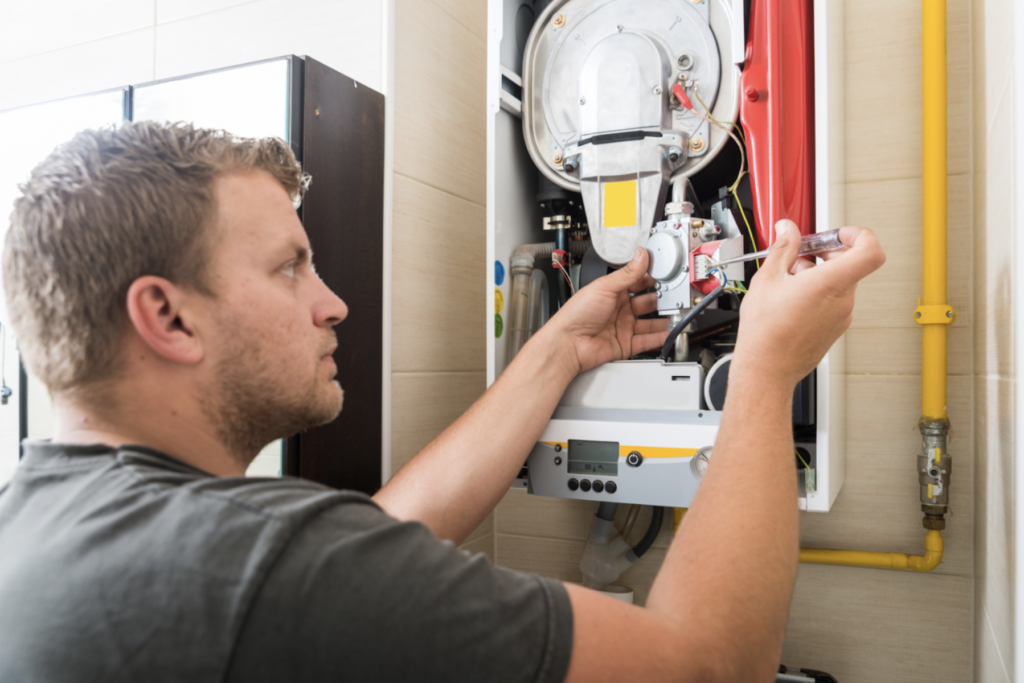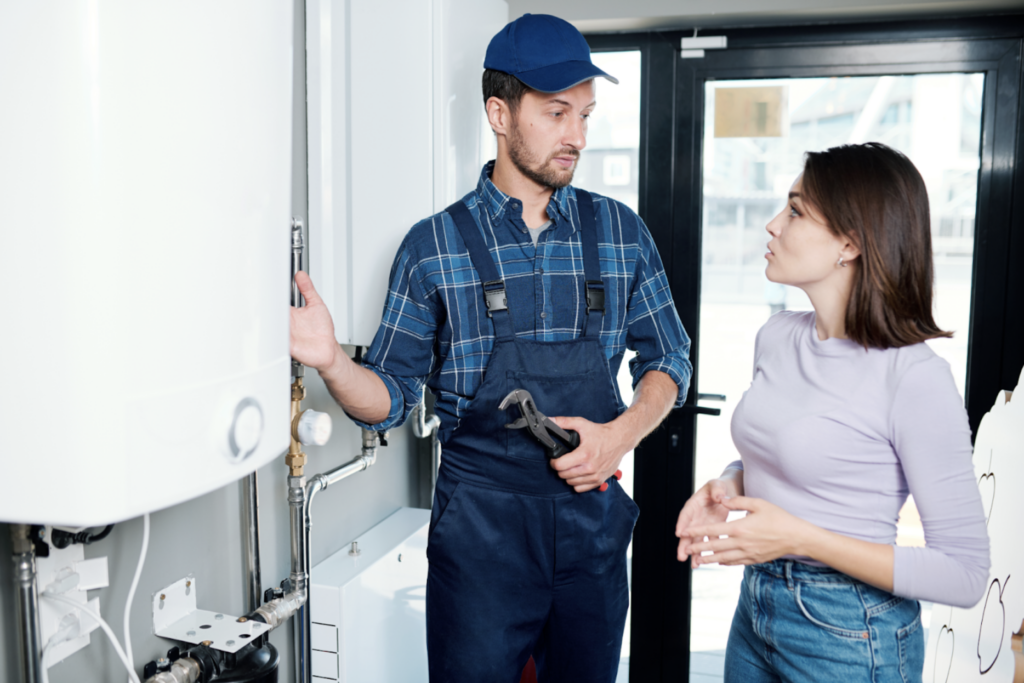If you live in Gresham, you know it can get pretty cold in autumn and winter. That’s why it’s important to make the right choice when you think your home may need a new furnace.
Not sure it’s time? Learn more about the differences between furnace repair and furnace replacement with this guide.
This article will help you understand the difference between a gas furnace and an electric furnace, and which one might be better for you when you are ready to buy.
Basics of Furnace Types
There are two main types of furnaces: electric and gas. An electric furnace uses electricity, while a gas furnace uses natural gas to heat your home. This choice is especially important in Gresham because of our cold weather.
Electric Furnace
An electric furnace heats your home using electricity. It works like this: when you turn it on, an electronic system starts the heating process. Cold air is pulled into the furnace and passes over electric coils that heat it up.
Then, a fan, known as a blower, pushes this warm air into the ducts of your house, spreading the heat. The thermostat in your home controls the electric furnace, turning it on and off as needed. Electric furnaces keep all the heat inside your home, without any heat escaping through a chimney or vent.
Gas Furnace
In a gas furnace, the process of warming your home starts when the pilot light sets the burner on fire. This fire heats a metal heat exchanger. The exchanger takes in cold air and warms it up.
Then, a blower sends this warm air through the ducts in your house, increasing the indoor temperature. The fire keeps burning until the thermostat notices the air is warm enough, then it turns off the gas heat.
The gas furnace stays off until the air gets cooler than what the thermostat is set for. When it’s cool enough, the thermostat tells the furnace to start heating again.
For a gas furnace to work, you need a natural gas line coming into your house. Also, you need a flue, which is a special pipe that lets the furnace’s exhaust gasses go outside safely.

Factors to Consider When Choosing a Furnace
Homeowners in Gresham must weigh several factors when choosing a furnace. The size and layout of the home play a crucial role; larger homes may require the great heating capabilities of a gas furnace. While electric furnaces might have lower installation costs, they can lead to higher utility bills, especially during extreme winters. Here’s a list of things to consider when choosing which furnace is right for you:
- Home Size and Layout: Larger homes might benefit more from the great heating capabilities of a gas furnace. We love this furnace size calculator to help you find the right size for your home.
- Climate in Gresham: The chilly winters here make efficient heating crucial.
- Natural Gas Availability: Not all areas in Gresham have easy access to natural gas. Check whether your area has easy access before making a choice.
- Budget and Energy Costs: Upfront installation costs and ongoing energy expenses vary significantly between furnace types.
Advantages and Disadvantages of an Electric Furnace
Electric furnaces have many advantages, including generally lower installation and maintenance costs. They offer a safer option, avoiding the risk of carbon monoxide poisoning. Electric furnaces are more quiet and can have a longer lifespan, making them a good choice for homes that lack existing gas lines.
Advantages of Electric Furnaces
- Costs: Generally cheaper to install and maintain.
- Safety: No risk of carbon monoxide poisoning.
- Quiet Operation and Longevity: Electric furnaces are quieter and often have a longer lifespan.
- Suitability: Ideal for homes without existing gas lines.
These benefits do come with drawbacks. Electric furnaces often lead to higher operating costs because of the price of electricity. Their efficiency can be a concern in colder temperatures, and reliability issues may arise during extreme cold spells.
Disadvantages of Electric Furnaces
- Operating Costs: Electricity is typically more expensive than gas in Gresham.
- Efficiency: They may struggle to heat homes efficiently during cold spells.
- Reliability: Performance can dip in extreme cold.
Advantages and Disadvantages of a Gas Furnace
On the other hand, gas furnaces are well known for their efficiency in heating and lower operational costs. They provide fast heating, which is important during colder months, and perform better in extreme cold conditions.
Advantages of Gas Furnaces
- Heating Efficiency: They heat homes faster and generally have lower operational costs.
- Performance: Gas furnaces are more effective in cold weather, a boon for Gresham winters.
Cold Weather - Suitability: Excelling in extreme cold conditions.
However, gas furnaces come with higher installation costs and require more space for ductwork. Gas furnaces have more environmental and safety concerns including the risks associated with carbon monoxide. They will require regular maintenance and inspections.
Disadvantages of Gas Furnaces
- Installation Costs: Higher initial investment and space requirements for ductwork.
- Safety Concerns: Potential carbon monoxide emissions require regular maintenance.
- Environmental Impact: Gas furnaces have a larger carbon footprint.
Cost Differences
Gas furnaces are more expensive to buy and install, with an average cost for a 2,000 sq. ft. home around $4,500 to $6,000, compared to $2,000 to $4,000 for electric furnaces.
- Operational Costs: Gas furnaces are usually less expensive to operate than electric furnaces. The average U.S. utility rates show that running a gas furnace costs about $16 per BTU, compared to $41 per BTU for an electric furnace.
- Repair Costs: Electric furnace repairs are typically cheaper, ranging from $50 to $200 for the unit, compared to $300 to $1,200 for gas furnace repairs.
What to Ask an HVAC Professional
When choosing a furnace for your home, there are a few things you should talk over with a heating and cooling expert. Many intricate parts control your home’s temperature. Talking to an expert will ensure you understand your whole system before you make a decision. Putting in a new system is a precise job, and you’ll need an HVAC professional to do it.

Work with an HVAC professional and look at what’s not working with your current system. They can help you understand why it’s not working before you decide on which furnace is right. Be sure to ask:
- Are there any blockages?
- Can my current system control the temperature in different areas of my home?
- Are some rooms always too cold or too hot?
Consider your home’s size, occupants, gas availability, budget, and required power when determining your needs. It’s also a good idea to look at your energy bills from the last year. This can give you valuable insights and help you decide which type of furnace to install.
Making the Right Choice: Electric Furnace vs Gas Furnace
Choosing between an electric and a gas furnace depends on your needs. Be sure to consider how large your home is, your budget, and the impact on the environment. Every home in Gresham is different, so what’s perfect for one house might not work for another.
Pro tip! Calculate and consider how much it’ll cost both at the start and in the long run.
We recommend discussing your heating and cooling needs with local experts in Gresham. They understand weather patterns and the cost of energy in the area. This means they can offer advice that is specific to your home’s needs.
They can also recommend the newest furnaces that use less energy. These can help lower your energy bills and are better for the environment.
Conclusion
Choosing a furnace in Gresham isn’t easy, but if you think about your home’s size, your budget, and talk to local experts, you can make a good decision. Remember, it’s not just about buying the furnace, but also about how much it will cost to run it in the long run. Take your time, do research, and get advice from Oxbow’s HVAC professionals to make sure you choose the best furnace for your home.





